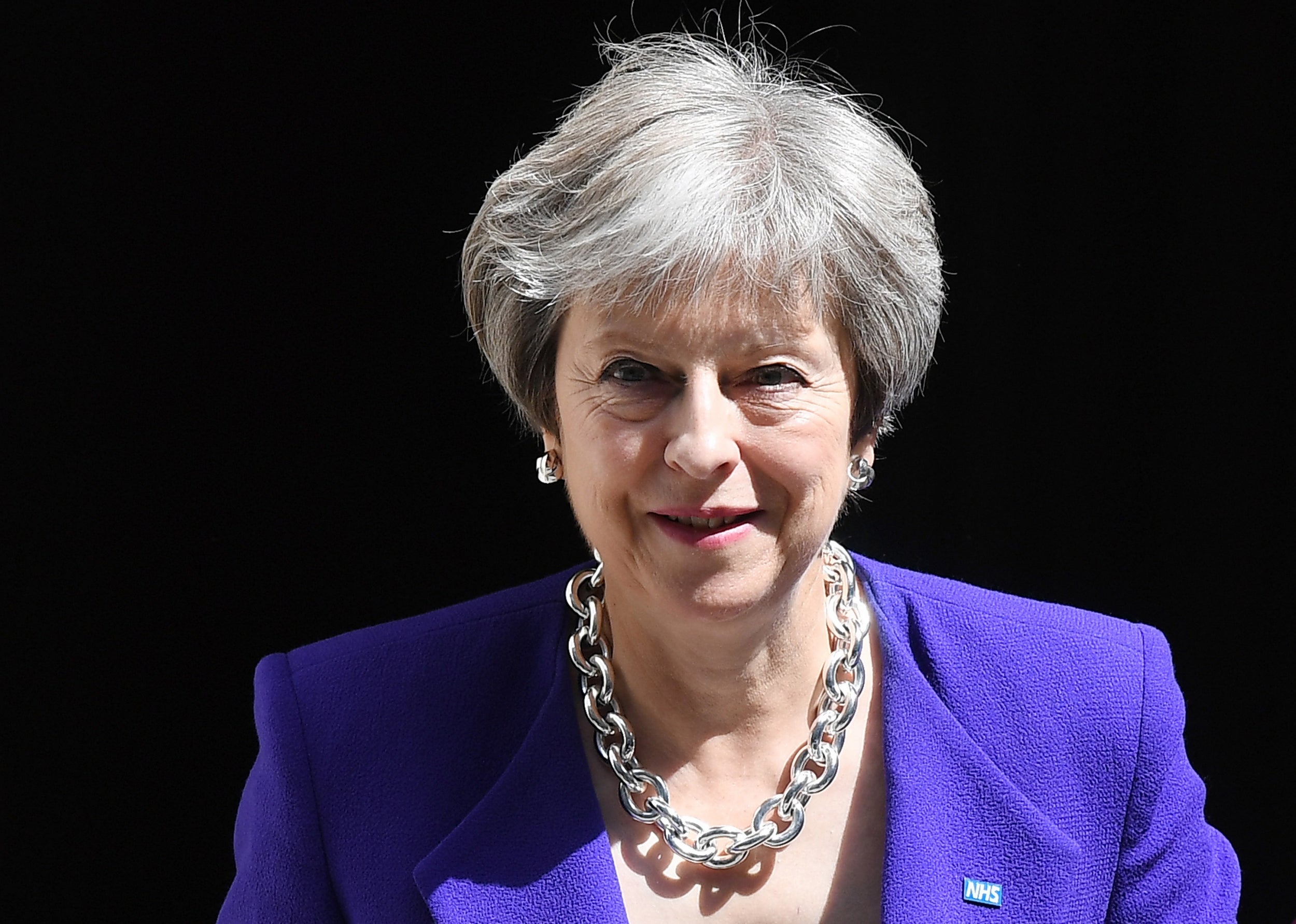It's time for honesty from Theresa May on the Brexit deal
As the cabinet gathers at the prime minister’s Chequers retreat, she must break her secretive, non-committal and indecisive habits

As we approach the final stage of the Brexit negotiations, it is time for some honesty.
Theresa May’s divided government has for too long been trying to straddle two contradictory goals: a close trading relationship with the European Union’s single market – vital for the economy and the protection of jobs in the short term – and the ability to diverge from the EU and do our own trade deals around the world – vital to appease the hard-Brexit lobby within her party and, possibly one day, a benefit to the economy in the long term.
In short, the prime minister’s real goal is to hold her party together. If the priority were to strike a deal with the EU in the best interests of the UK, we would not be reading all about a “third way” fudge, combining the “best” of the previous two failed fudges to try to solve this riddle of our trading relationship with Europe after Brexit.
There is a more honest way. Ms May could admit that time is up. Two years have passed since the referendum. The opposite forces in her party have not come together. The fudges are so far not working. David Davis, the Brexit secretary, is still threatening to resign. We need to consider a more likely outcome: she may not be able to please both hard and soft Brexiteers. The best thing for Britain now is for her to face her own doomsday scenario: to end the fudges, lead her government, and make a decision.
The negative consequences of failing to maintain good trading relations with the EU are all too tangible. It would hardly be risk-averse to assume the car industry’s threats are mere bluster. Real jobs are at stake. The benefits of future trade deals should we go it alone are yet to be proven, and would not be immediate.
Ms May should be honest, therefore, and tell her cabinet that Britain should be part of a customs union, not just for the 20-month transition period but for some time thereafter.
The critics will say that means we would, in effect, be non-voting members of the EU. Yes, we would, but that may be the only fair way to interpret the referendum vote. A 52 per cent mandate is not enough for the “clean break” and economic damage that the hard Brexiteers want, not when the honest skill and judgement of so many of our democratic representatives is that a hard break would be detrimental to Britain.
Besides, nearly half of those voting, 48 per cent, are entitled to have their wishes taken into account to some degree, even if their side did not win – especially as they include majorities in Scotland and Northern Ireland.
The way to do that is, as Luxembourg’s prime minister Xavier Bettel said, for Britain to go from “in with a load of opt-outs” to “out with a load of opt-ins”.
We have long been told that Brexit means Brexit – itself the ultimate in fudged phrases. Brexit means leaving the EU, and to do so while avoiding substantial damage to the economy is no mean feat. We will still have left the EU if we remain in some form of customs union, and that should be enough to safeguard jobs. If, when the pressure of a loudly ticking clock is removed, tangible opportunities arise to prosper as a nation by leaving that customs union and striking deals elsewhere, then we would be able to do so later.
Why is that unacceptable to the hard Brexiteers? Is it because such an outcome cheats the will of the people? Or is it that Britain would never realistically return to this issue, because the case for leaving a customs union in the future would simply never be either tangible or compelling? It would be interesting to get some honesty on that question, too.
The urgent priority at Chequers tomorrow is to secure a deal acceptable to the British people, to the British parliament and to our European friends. Ms May should be honest about the choice facing the nation and accept that “out with a load of opt-ins” is the form of Brexit that maximises the chance of agreement while minimising the economic damage.

Join our commenting forum
Join thought-provoking conversations, follow other Independent readers and see their replies